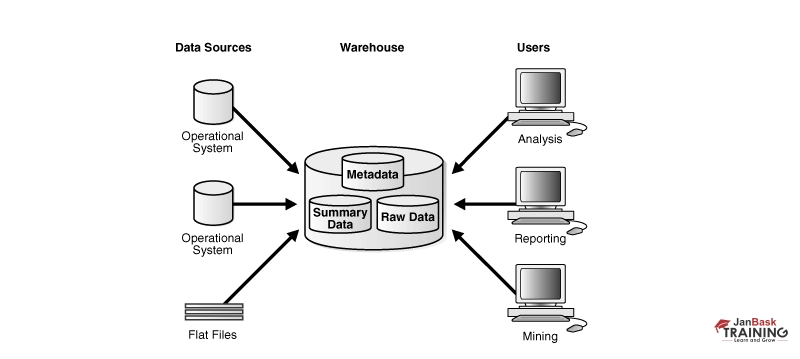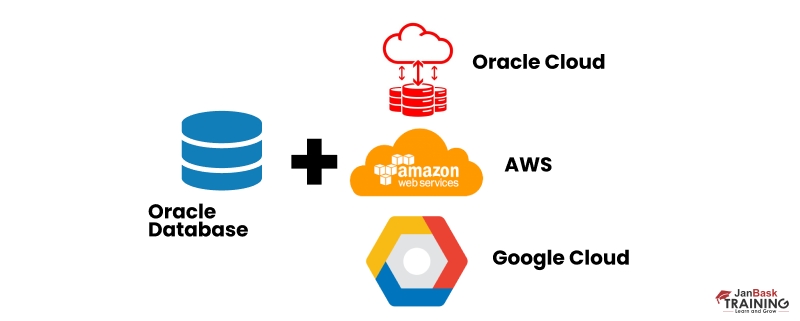Year End Sale : Get Upto 50% OFF on Live Classes + $999 Worth of Study Material FREE! - SCHEDULE CALL
The database is the heart of any application. It contains tables, views, and other objects. Maintaining the database requires an expert person to perform. Here comes the database administrator (DBA), a technician responsible for all the activities involved in maintaining a successful database, including directing and controlling all necessary functions. DBA’s sole responsibility is to ensure that any organization's databases and related applications operate efficiently without any hindrance.
In this blog, we will cover Who Database Administrators (DBA) are and learn about different types of DBA in dbms.
Database administrators (DBAs) are primarily responsible for specific databases in the subsystem. Data is stored and organized by database administrators using specialized software. The duties could include backup and data recovery, capacity planning, installation, configuration, database design, migration, performance monitoring, security, and troubleshooting.

Database administrators work in various departments concerning databases. They manage and administrate database sets in an organization and help in data management. Here are some other roles DBAs perform in an organization:
Types of Database Administrators
Different types of DBA in SQL Server are as below

System DBA
In this position, the DBA focuses primarily on system administration-related technical issues rather than business issues. System DBA also installs the most recent DBMS versions, applies maintenance fixes, sets system parameters, sets the operating system, installs the third-party DBA tools, transaction processors, and networks that will be utilized to run on the DBMS, makes it possible for the DBMS to work with storage management software and devices, ensures that the DBMS has enough storage, and connects to other technology needed for database applications.
System DBAs rarely take part in the successful implementation of databases and applications. When OS settings or intricate DBMS settings need to be changed, they might assist in adjusting applications. Work for the DBA system exists only if the organization has no official system administration or a system programming department.

Database Architect
Some organizations establish distinct positions as database architects to create and implement new databases. The database architect is not involved in the administration, upkeep, or modification of existing databases and applications but is in charge of new design and development work. Database Architect shares data management and modeling expertise with general-purpose DBA.

Task-Oriented DBA
Large businesses may employ highly specialized DBAs to concentrate on a single DBA task. Outside of large organizations, they are very uncommon. Recovery and backup DBAs, who ensure organizations' databases can be recovered, are examples of task-oriented database administrators. These task-oriented DBAs will ensure that highly skilled specialists are engaged in crucial DBA tasks.

Performance Analyst
One particular kind of task-oriented DBA is performance analysis. They occur more frequently than task-oriented DBAs. They only focus on the database applications' performance. They must be able to create performance databases and comprehend all the nuances of SQL coding for performance. They know much about DBMS technology and can change the DBMS and system settings when needed. However, the system DBA is not expected to be something other than the performance analyst. He should be able to contact programmers to help them make the right program changes for performance.
The Performance Analyst is typically the most experienced and qualified among the DBA staff. He has grown up playing this role because of the experience and respect he gained from previous tuning efforts.

Data Warehouse Administrator
DBAs are frequently employed to carry out in-depth data analytics. The person needs to be a competent DBA who knows the differences between databases supporting OLTP and data warehouses. ETL skills, knowledge of data warehousing technologies, and experience with business intelligence and query tools are required. Data warehousing, etc., specialized database design.

Cloud DBA
With database-as-a-service (DBaaS), the cloud provider will be responsible for some traditional DBA tasks. DBaaS is a cloud computing managed service that prepares access to a database without needing the set-up of physical hardware, the installation of software, or the configuration of the database.


SQL Testing Training
The blog gives us a sneak peek at Database administrators and their various scopes of work. It also gives us an idea about the different types of DBAs and what they each do. The blog is an exciting read for those interested in database administration. Multiple courses are available if you want to be an expert in this field and be a Microsoft SQL Professional.

Database Files-Heart of SQL Server Database

Data Definition Language (DDL) Commands in SQL

What is Schema in SQL With Example: All You Need to Know

What does a Database Administrator do? A Detailed Study

Cyber Security

QA

Salesforce

Business Analyst

MS SQL Server

Data Science

DevOps

Hadoop

Python

Artificial Intelligence

Machine Learning

Tableau
Download Syllabus
Get Complete Course Syllabus
Enroll For Demo Class
It will take less than a minute
Tutorials
Interviews
You must be logged in to post a comment